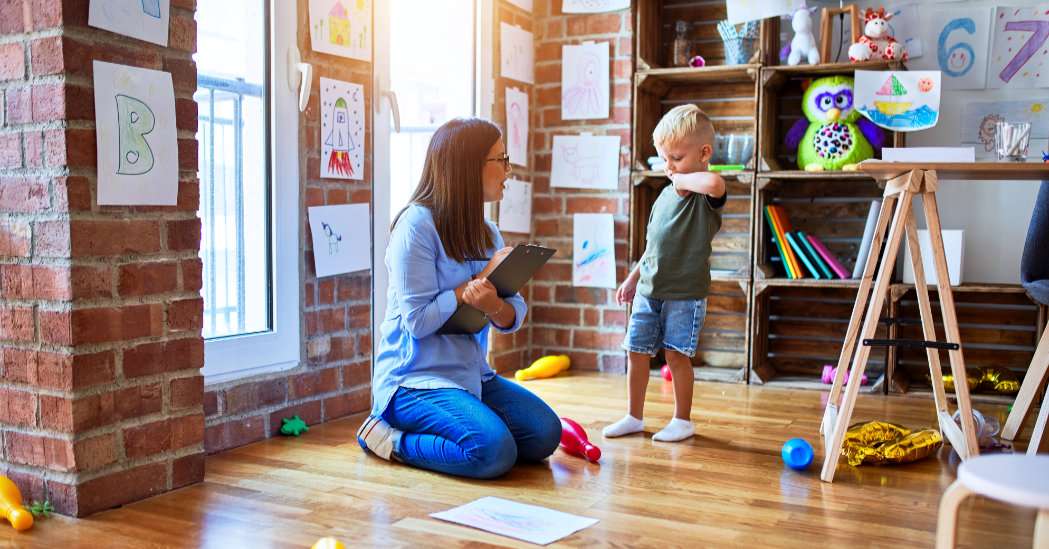When does the Child Welfare Service get involved?
The Child Welfare Service is tasked with providing assistance when persons under 18 years of age have been subjected to, or are at risk of being subjected to, violence or abuse, female genital mutilation, forced marriage or threats of forced marriage. Other examples of situations in which the Child Welfare Service can help is if parents are abusing drugs or alcohol or when a child has serious behavioural problems or problems associated with criminality or drug/alcohol misuse. The help is free.
How can the Child Welfare Service help?
Help measures in the home could be:
- advice and guidance to the family
- parent support groups
- support worker for the child
- financial support for pre-school childcare
- financial support for out-of-school care for schoolchildren (SFO/AKS)
- financial support for leisure activities or other activities
- respite care at weekends or a family to visit
Watch a film about the Child Welfare Service:
The best interests of the child
The best interests of the child is key to the Child Welfare Service’s work (cf. Section 4-1 of the Norwegian Child Welfare Act – Determining the best interests of the child). Sometimes this may conflict with the parents’ wishes. The Child Welfare Service will help and support parents to enable them to care for their children adequately, and their children should remain living at home where this is possible.
In certain serious cases it is not in the best interest of the child to live at home, and the Child Welfare Service must take the child into care. This could take place with or without the family’s consent. Only the County committee for social issues, which is a court-like body, can make decisions about taking children into care when it is against the wishes of their parents.
The Child Welfare Service will help and support parents to enable them to provide adequate care for their children
Obligation to report
The Child Welfare Service depends on people notifying them of any concerns they may have about a child, so that the child and its family can receive the help they require. Whether you are a private individual or work with children and young persons, you have a statutory obligation to report any concerns you may have. If you are unsure whether you ought to or are required to report concerns, please call the Child Welfare Service in advance to receive guidance on this matter. It is also possible to do this anonymously. If you are the child’s carer, you can also contact the Child Welfare Service and ask for help in assessing the situation. This may apply, for example, if you no longer live together with the other parent and are concerned about how the child is looked after when they are together.
Who works in the Child Welfare Service?
Most staff in the Child Welfare Service are either child welfare officers, social workers, legal practitioners or psychologists. The staff have a duty of confidentiality, which means that they can only disclose your personal information to third parties with your consent, or if there is an immediate risk of someone being harmed. The Child Welfare Service can provide an interpreter when necessary.
Do you want more information about the Child Welfare Service?
All local authorities in Norway provide a Child Welfare Service. Many local authorities also provide an emergency child welfare centre. The website barnevernvakten.no includes a list of local authority Child Welfare Services and emergency child welfare centres, as well as other useful information.
A list of local authority Child Welfare Services and emergency child welfare centres.
The Norwegian Directorate for Children, Youth and Family Affairs’ website.

